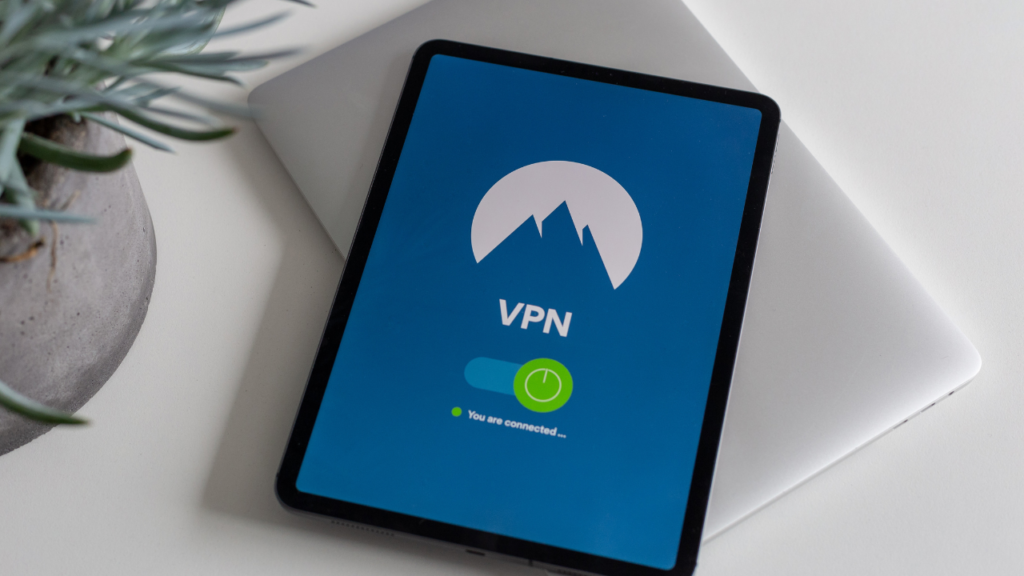What Is a VPN Protocol? 6 Most Common Protocols Explained
DataProt is supported by its audience. When you buy through links on our site, we may earn a commission. This, however, does not influence the evaluations in our reviews. Learn More.
With so much of our time spent shopping online, torrenting, and streaming, privacy is paramount. Using a VPN is the only way to protect details about your identity, location, and other data. In a nutshell, a VPN masks your online behavior by scrambling your data and sending it through a private tunnel. This complex process is made possible through the use of a VPN protocol. If you’re on the hunt for online privacy tools or you need a secure VPN for your businesses, here’s a low down of some of the most commonly used protocols.
What Is a VPN?
VPN is short for virtual private network. The software makes your online activity untraceable by encrypting your data and routing it through a different IP address. In other words, a VPN creates a private tunnel for traffic between your device and the outside network by relying on one of the many VPN protocols.
Like with any other software, using a VPN has its pros and cons. While shielding your data from snooping third parties, a VPN can also lower your internet speed. But at a time when the tracking of online users is becoming increasingly aggressive, having your own private network to channel the traffic is a hot commodity. Some of the latest statistics show that most Americans agree with that assertion. Roughly 91% of adults think that consumers have lost control over how personal information is collected.
Different VPN Protocols
If you’ve already started Googling the best VPNs, you’re sure to come across different protocols offered by VPN software providers. In short, these VPN protocols are a set of instructions that tell your device how to establish and maintain a connection with a VPN server. They also include standards of encryption.
Each offers different specifications based on specific circumstances. Some protocols provide high speeds for data transfers, which is essential for those who want to stream Netflix or need the best VPN for torrenting. Some focus on privacy and security and are tailored to those who run businesses or do plenty of online shopping and banking. Most of the new generation protocols combine both speed and security.
1. OpenVPN
While scouring the selection of different types of VPN protocols, you’ll stumble upon OpenVPN right away. Touted as the most popular protocol among VPN providers and users, this option is highly secure and works on multiple platforms, including Windows, macOS, Linux, Android, and iOS. However, the advanced encryption ciphers used to provide a high level of security can slow down your internet connection.
This open-source protocol uses a state-of-the-art AES-256 bit encryption key with 2048-bit RSA authentication and a 160-bit SHA1 hash algorithm. It gained popularity for being super secure and virtually unbreakable.
2. L2TP/IPSec VPN Protocols
Even though the name is a bit of a mouthful, this protocol relies on a very simple formula: it uses double encapsulation. On its own, L2TP doesn’t have integrated encryption, which is added via IPSec. With double encapsulation, the L2TP/IPSec is a highly secure VPN protocol and has no known vulnerabilities. It’s worth mentioning that NSA leaks suggest the agency may have breached the protocol’s encrypted communications, but there hasn’t been any official confirmation.
Layer Two Tunneling Protocol is an extension of PPTP developed by Microsoft. It’s combined with L2F or Layer Two Forwarding Protocol, which is designed by Cisco. When paired with IPSec, you get one of the most secure VPN protocols on the market with pretty good speeds.
3. SSTP
Owned and controlled by Microsoft, The Secure Socket Tunneling Protocol is fully integrated with all Microsoft operating systems, going back to Windows Vista SP1. On the flip side, that means there is no access to the underlying code, as it’s not an open-source protocol.
Speaking of security, SSTP can be configured with AES encryption and uses a 256-bit SSL encryption key and 2048-bit SSL/TLS certificates for authentication. While providing native support for Windows, Linux, and BSD systems, it also supports Android, macOS, and iOS via third-party clients.
4. IKEv2 VPN Protocol
Internet key exchange version 2 or IKEv2 is a tunneling protocol developed by Microsoft and Cisco that uses a secure key exchange. Similar to L2TP, it needs to be paired with IPSec for authentication and encryption.
IKEv2 has state-of-the-art network switching capabilities, including an auto-reconnect feature. This enhances both security and ease of use by enabling users to automatically resume their VPN connection while switching from one internet source to another. It has native support for Windows, iOS, and even Blackberry devices and is available for Linux and Android through third-party clients.
5. PPTP
Although somewhat obsolete and typically not ranked among the three main VPN tunneling protocols, Point-to-Point Tunneling Protocol is still being used. Developed in 1985 by Microsoft for dial-up connections and integrated into Windows 95, it’s one of the oldest protocols, lacking some of the newer security features. Most VPN providers have recently upgraded to more reliable protocols.
But here’s the good news: while lacking security features, this protocol delivers the best connection speeds. Users who don’t need heavy encryption but want a VPN to watch Netflix or other streaming services will be perfectly satisfied.
6. WireGuard
WireGuard is a state-of-the-art VPN protocol that uses a much simpler and smaller codebase and is easier to set up than most of its counterparts. In addition, WireGuard uses one of the newest encryption algorithms, ChaCha20, that offers faster speeds with fewer resources, allowing your battery to last longer.
WireGuard is native to Linux but is available for all major operating systems. Due to its efficiency, security, modern cryptographic algorithms, lightning-fast speeds, and lightweight codebase, an increasing number of VPN providers have decided to add WireGuard to their line-up.


